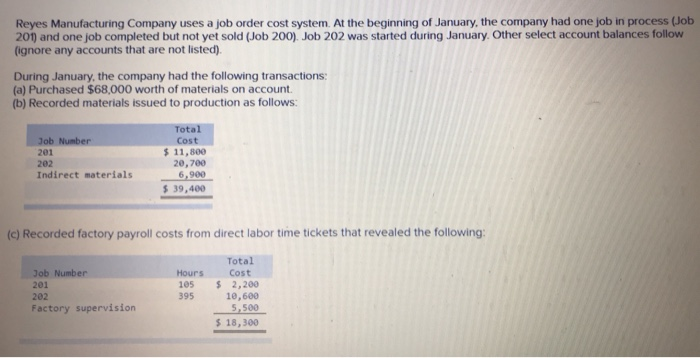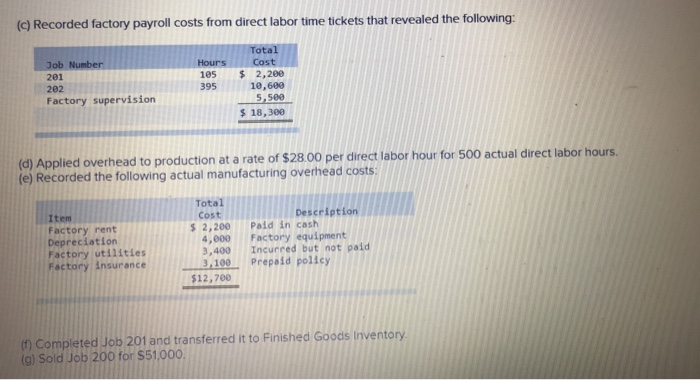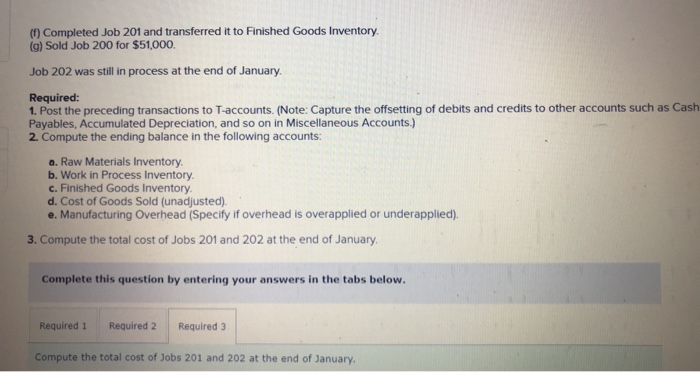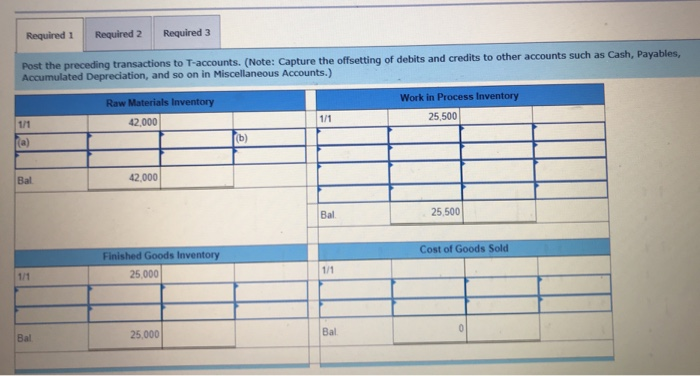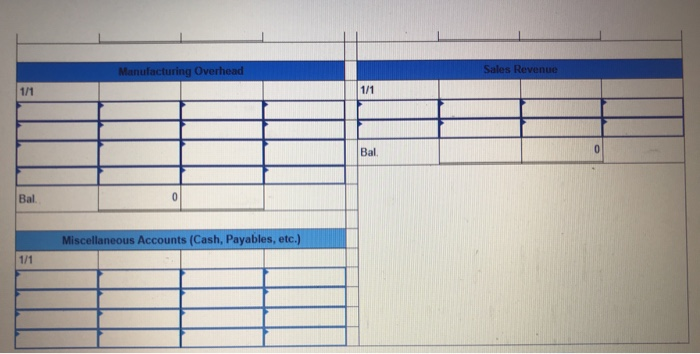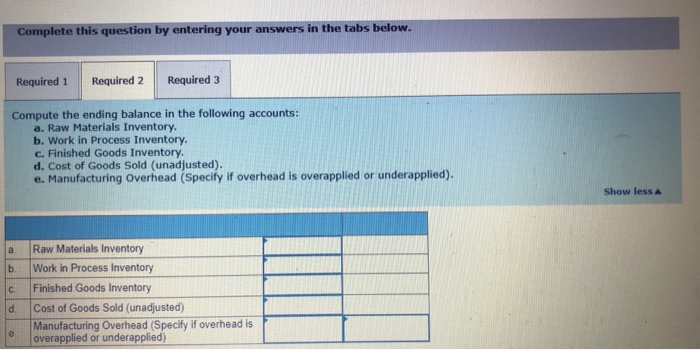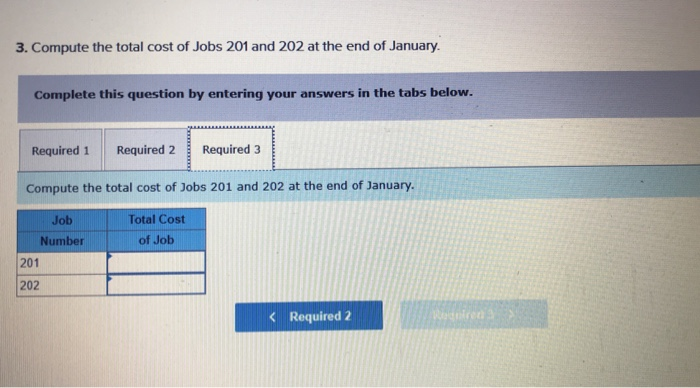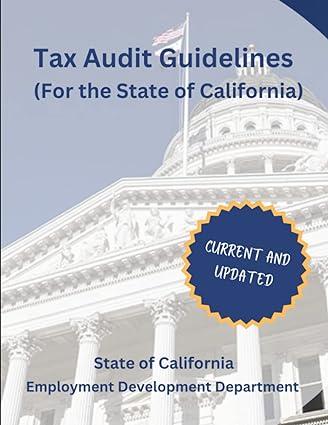Reyes Manufacturing Company uses a job order cost system. At the beginning of January, the company had one job in process (Job 201) and one job completed but not yet sold (Job 200). Job 202 was started during January. Other select account balances follow (ignore any accounts that are not listed) During January, the company had the following transactions: (a) Purchased $68,000 worth of materials on account. (b) Recorded materials issued to production as follows: Job Number 201 202 Total Cost $ 11,800 20,700 6,900 $ 39,400 Indirect materials (c) Recorded factory payroll costs from direct labor time tickets that revealed the following: Job Number 201 Hours 105 395 Total cost $ 2,200 12,600 5.500 $ 18,300 Factory supervision (c) Recorded factory payroll costs from direct labor time tickets that revealed the following: Job Number 201 202 Factory supervision Hours 105 395 Total Cost $ 2,200 10,600 5,500 $ 18,300 (d) Applied overhead to production at a rate of $28.00 per direct labor hour for 500 actual direct labor hours. (e) Recorded the following actual manufacturing overhead costs: Item Factory rent Depreciation Factory utilities Factory insurance Total Cost $ 2,200 4,000 3,400 3,100 $12,700 Description Paid in cash Factory equipment Incurred but not paid Prepaid policy (1) Completed Job 201 and transferred it to Finished Goods Inventory. (g) Sold Job 200 for $51,000. (1) Completed Job 201 and transferred it to Finished Goods Inventory (9) Sold Job 200 for $51,000. Job 202 was still in process at the end of January Required: 1. Post the preceding transactions to T-accounts. (Note: Capture the offsetting of debits and credits to other accounts such as Cash Payables, Accumulated Depreciation, and so on in Miscellaneous Accounts.) 2. Compute the ending balance in the following accounts: a. Raw Materials Inventory. b. Work in Process Inventory. c. Finished Goods Inventory. d. Cost of Goods Sold (unadjusted). e. Manufacturing Overhead (Specify if overhead is overapplied or underapplied). 3. Compute the total cost of Jobs 201 and 202 at the end of January Complete this question by entering your answers in the tabs below. Required 1 Required 2 Required 3 Compute the total cost of Jobs 201 and 202 at the end of January Required 1 Required 2 Required 3 Post the preceding transactions to T-accounts. (Note: Capture the offsetting of debits and credits to other accounts such as Cash, Payables, Accumulated Depreciation, and so on in Miscellaneous Accounts.) Raw Materials Inventory 42,000 Work in Process Inventory 25.500 42,000 25.500 Cost of Goods Sold Finished Goods Inventory 2 5,000 1 1/ 25,000 Manufacturing Overhead Sales Revenue Bal Miscellaneous Accounts (Cash, Payables, etc.) 1/1 Complete this question by entering your answers in the tabs below. Required 1 Required 2 Required 3 Compute the ending balance in the following accounts: a. Raw Materials Inventory. b. Work in Process Inventory. c. Finished Goods Inventory. d. Cost of Goods Sold (unadjusted). e. Manufacturing Overhead (Specify if overhead is overapplied or underapplied). Show less Raw Materials Inventory Work in Process Inventory Finished Goods Inventory Cost of Goods Sold (unadjusted) Manufacturing Overhead (Specify if overhead is overapplied or underapplied) 3. Compute the total cost of Jobs 201 and 202 at the end of January Complete this question by entering your answers in the tabs below. Required 1 Required 2 Required 3 Compute the total cost of Jobs 201 and 202 at the end of January Job Number Total Cost of Job 201 202
